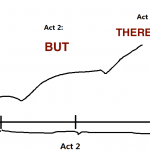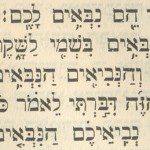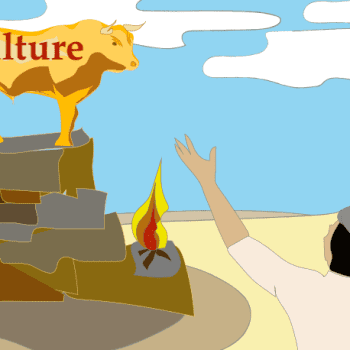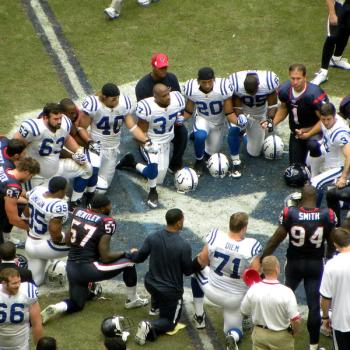Humans always identify with groups. This is natural and good. Everyone simultaneously is an “insider” and an “outsider.” The former tends to bring honor; the latter shame.
But few people recognize the pervasive power of group identity on their daily life, moral judgments, assumptions, sense of worth, and ways of doing ministry. We seemingly think we’re “individuals” who are interacting with other “individuals.”

We cannot simply get rid of social group identity via words like tolerance and “personal salvation,” contrary to the penchant of some Western thinkers (and the implication of the video’s title below).
So, we need to consider the implications of collective identity for Christian ministry. In different contexts, we’re prone to change criteria and draw different lines when determining who are “insiders” and “outsiders.” Some lines will and ought always exist. For Paul, two kinds of people exist––those “in Christ” and those not “in Christ.”
The video below powerfully illustrates the subtle and pervasive effects of identifying with groups. But I advise you not to assume eradicating group distinctions is possible or even the ideal. Rather, we need to be mindful about how we have unwittingly used identity markers and drawn boundaries that reflect our broader culture and not the gospel. These grouping might reflect our political views, denominations, theological positions, or hobbies.
What categories at a practical and emotional level most shape your judgments, speech, and relationships? What would it look like if we actually––not theoretically––acted as though the church were our fundamental group we belonged, as opposed to our nation, birth family, ethnicity, etc.?
We are too prone to think we can and should get rid of group identity with words like “God loves everyone.” Ultimately though, such a view does not lead us to lovingly prioritize fellow Christ-followers as the family members they are. By analogy, we would never say “Love everyone” means we should love other adults like our spouse or other children like our own children.
How might these dynamics shape your ministry? How do you need to change the way you identify yourself and others?

















